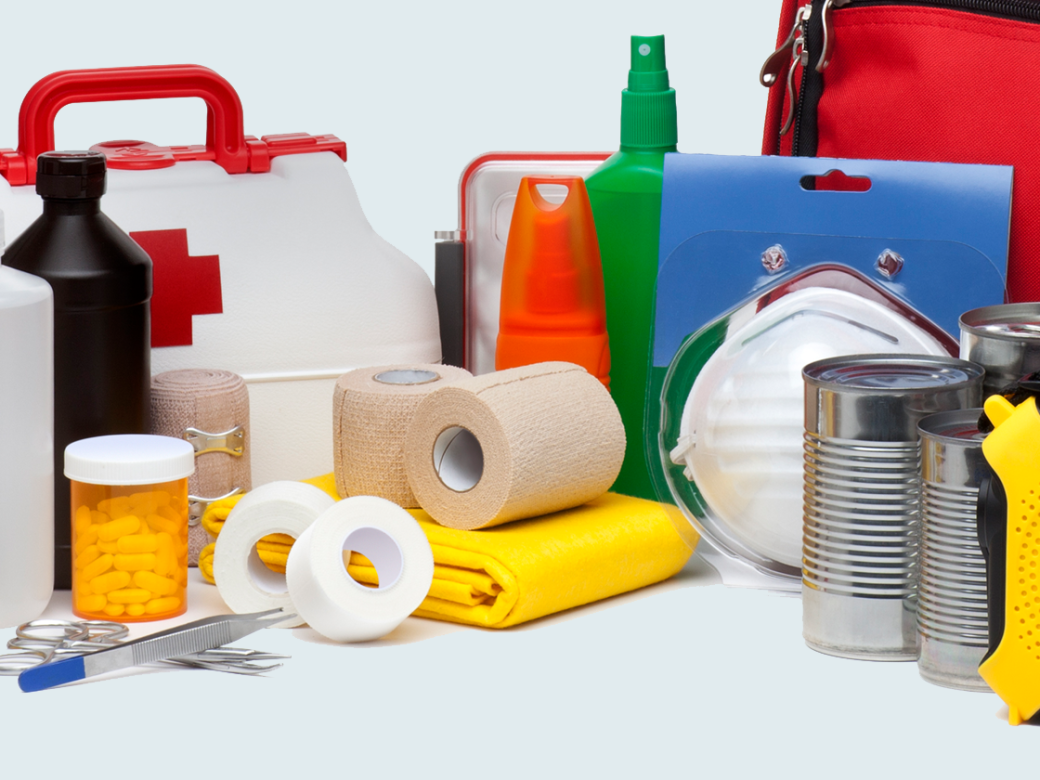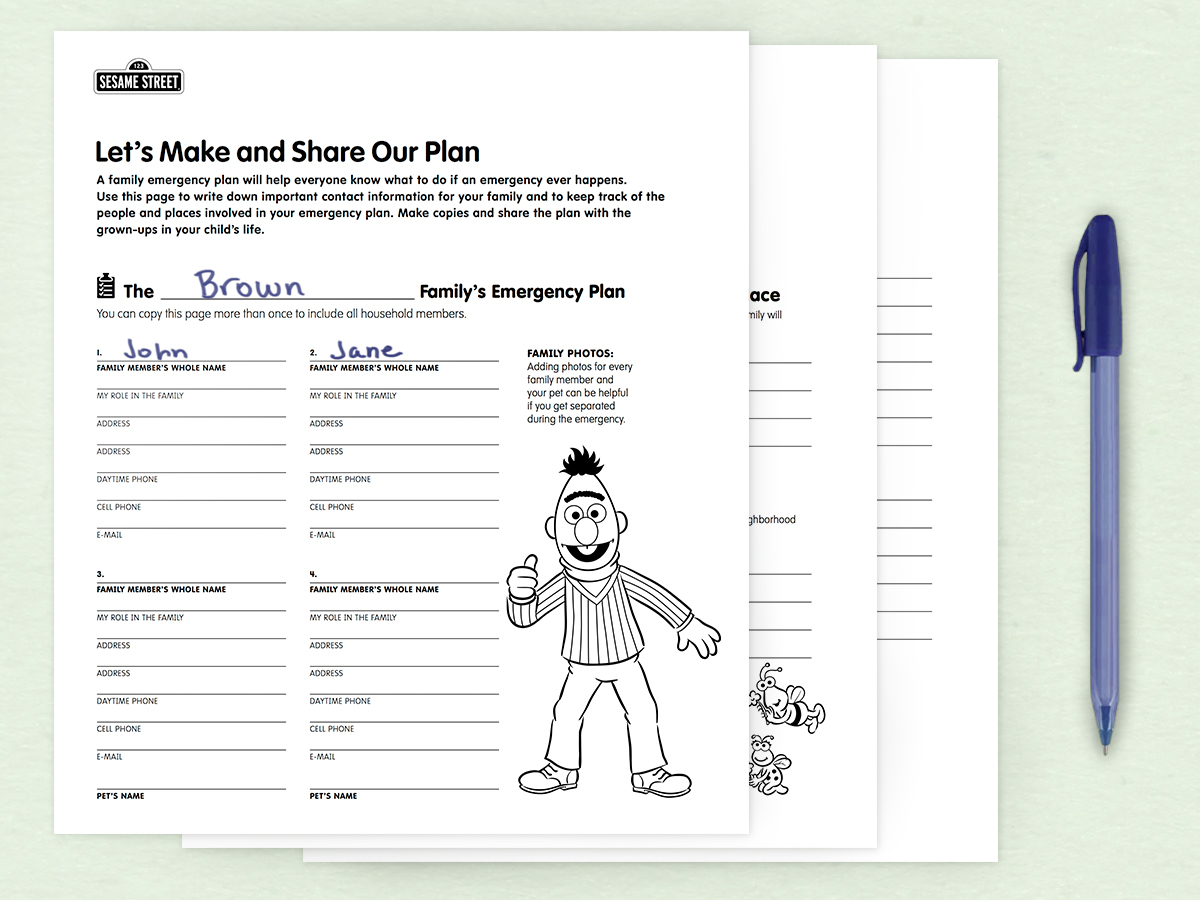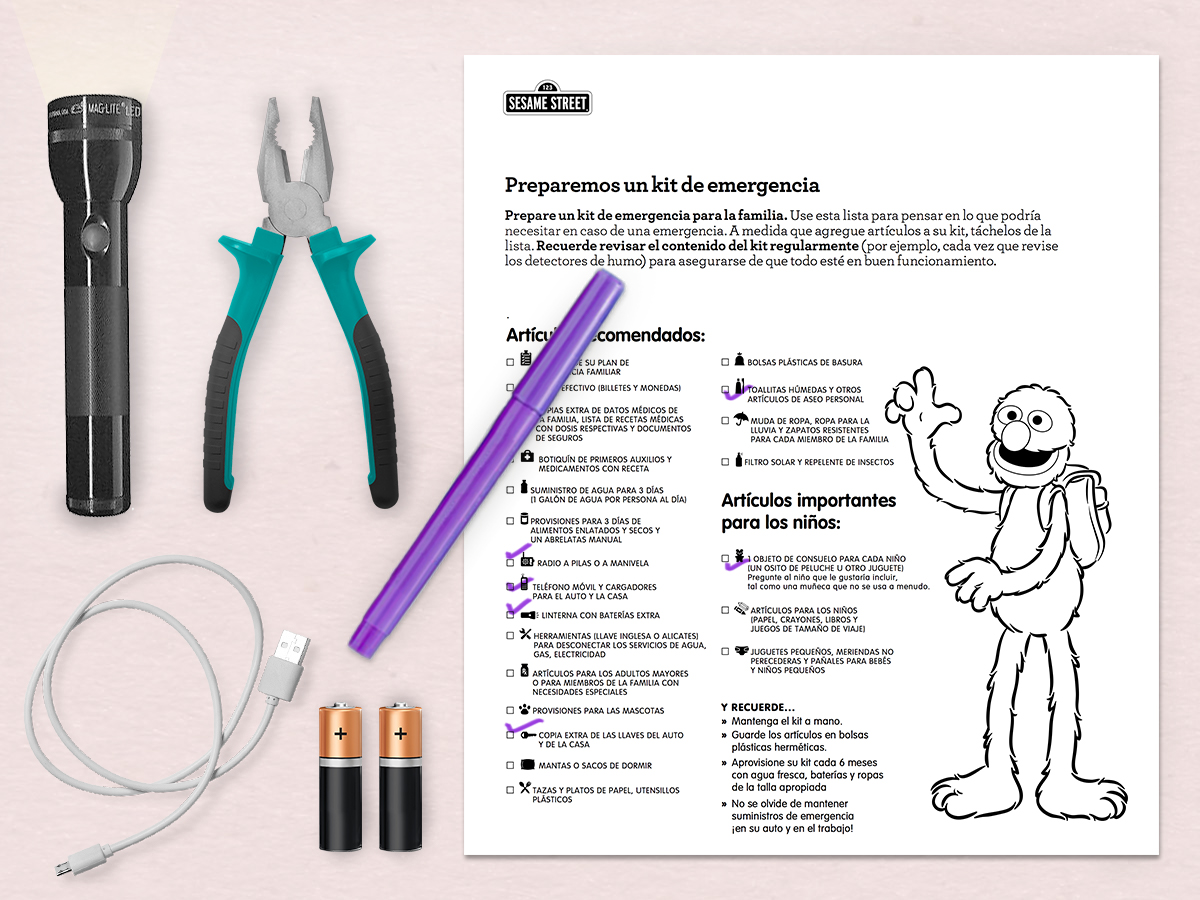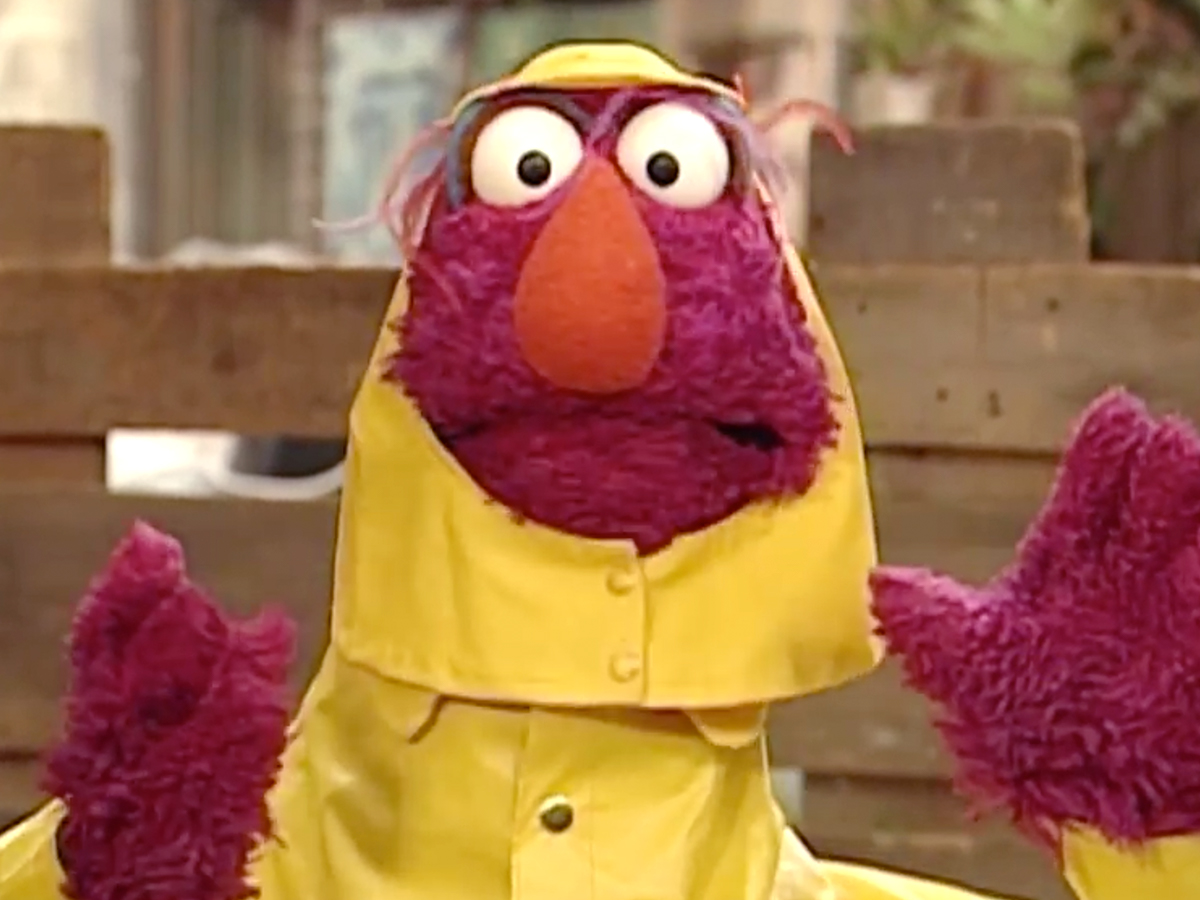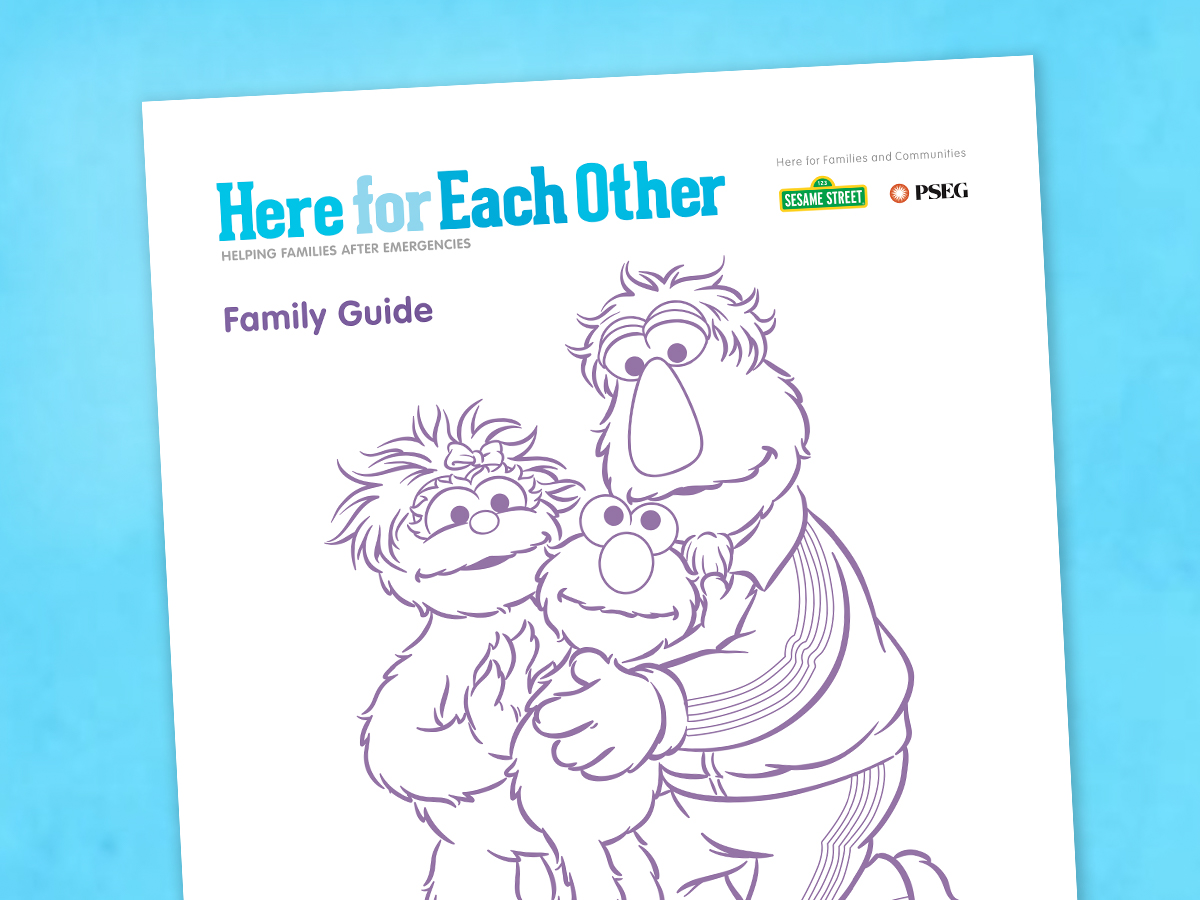
Coping with Hurricanes, Tornadoes, and Other Storms
More families than ever find themselves facing extreme weather events, from floods to hurricanes, tornadoes, and more. This can be especially challenging for young children, who pick up on the fear and anxiety around them but may not understand what’s going on. Hurricane preparedness for families and weather disaster basics for kids can help you and your child feel ready and remain calm.
And because the aftermath of a crisis can be as emotionally intense as the emergency itself, these 5 resources support families throughout the experience, from long before a storm is on the horizon to after it passes — to help children feel safe, manage their emotions, and look toward sunny days ahead.
1. Make a Family Emergency Plan
A personalized family emergency plan can help ensure every member of your family knows just what to do when the unexpected happens. Who are your emergency contacts? Where is your meeting place? Are there neighborhood helpers? Complete these pages with your child and go over the information together so everyone can feel confident at every step.
2. Let’s Pack an Emergency Kit
Emergency kits for families can save precious time in a crisis — and knowing you have one packed and handy can provide you with peace of mind. Your emergency kit doesn’t need to be fancy or elaborate; it simply needs to contain the essentials your family would need in times of disruption. Your child can even help you gather items and choose a place to store your kit.
3. A Hurricane Comes to Sesame Street
Although all the neighbors on Sesame Street weathered the big storm safely, Big Bird’s nest was ruined while he was staying safe indoors with friends. Watching this special Sesame Street episode with children is a great opportunity to start conversations about feelings like fear and sadness — and the incredible healing power of community.
4. Support After a Hurricane or Other Emergency
There are many ways to comfort and protect children as you navigate through a crisis and beyond. This resource includes a printable Family Guide and tips for maintaining routines, looking out for signs of stress, helping children build self-confidence, and more.
5. Coping in the Aftermath of an Emergency
What happens when the immediate crisis has passed? You may have new or lingering concerns in the aftermath of an emergency and may continue to need support. These tips, activities, and videos can help you help children feel safe, cope with uncertainty, and know they’re not alone.
